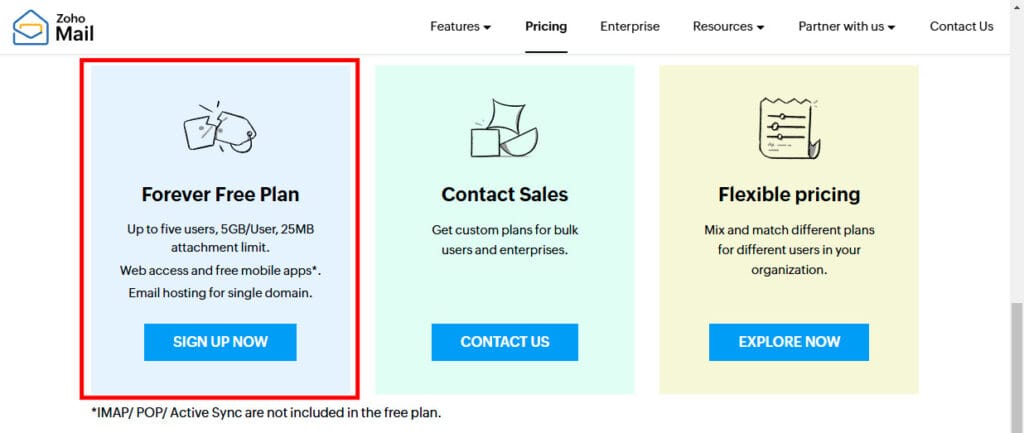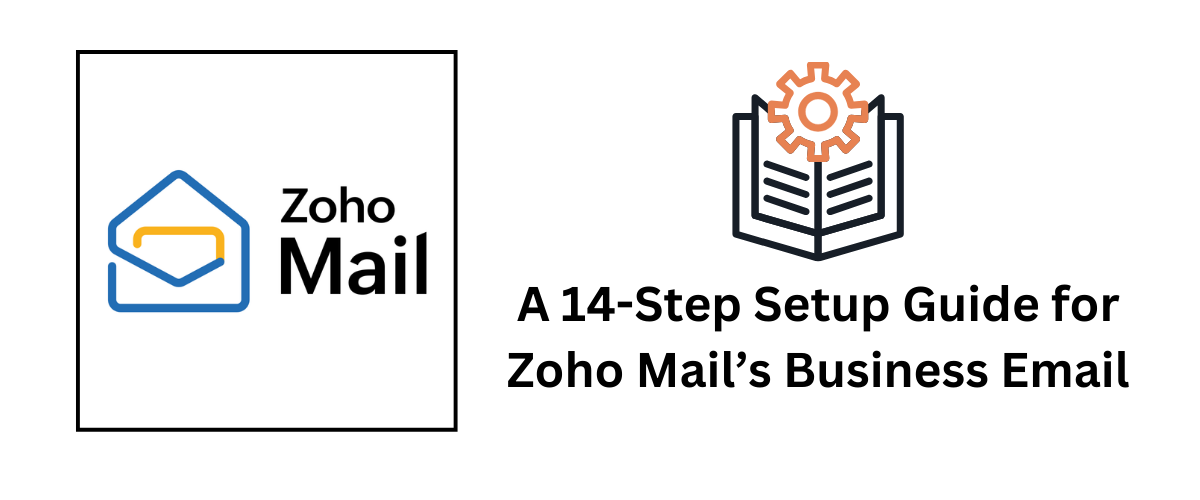Many bloggers wonder whether they should use their personal email or opt for a business email linked to their domain. In this article, I will examine the pros and cons of business emails and determine the best choice for my blog.
What is a Business Email?
Before getting started, what exactly is a business email? A business email is an email address that uses your domain name instead of a generic provider such as Gmail or Yahoo. It provides a professional appearance and aligns with your brand identity. For example, instead of using yourname@gmail.com, you can use yourname@yourdomain.com.
Why Should You Consider a Business Email for Your Blog?
If you want to run and grow a personal blog, it’s essential to provide an email address for communication. This allows direct and personal interaction with your audience, helping to build strong relationships and receive valuable feedback. Additionally, it helps you seize various business opportunities such as advertisements, sponsorships, and collaboration proposals. These opportunities contribute to the growth and development of your blog.
So, which email should you use? For me, using my personal email makes me uneasy. I worry about my inbox being flooded with unnecessary emails. As I look at other blogs for reference, I notice that none of the well-established ones use an email address that isn’t linked to their domain. I’ve also heard that using a generic Gmail account for business purposes can make a blog appear unprofessional.
New bloggers often find themselves struggling with this decision. I, too, have faced the same dilemma and conducted research to explore the pros and cons of business email. Here are five pros and cons to consider.

Advantages
1. Enhanced Brand Image and Credibility
Using a business email (contact@yourdomain.com) enhances the credibility and professionalism of your blog. Visitors and potential partners are more likely to trust an email that matches your domain than a generic Gmail or Yahoo address. A higher level of trust can make your blog content appear more professional.
2. Better Email Management and Organization
A business email helps separate blog-related emails from personal ones, ensuring better organization. In the age of information overload, keeping work-related communications separate allows for better mental energy management. Of course, you could also create a new personal email dedicated to your blog instead of opting for a business email, but services such as Google Workspace and Zoho Mail offer filtering, automation, and collaboration tools to enhance efficiency.
3. Consistency with Your Domain
Using an email address that matches your blog’s domain strengthens brand identity. For example, an email like contact@yourdomain.com immediately associates your site with your communication.
4. Security and Privacy Protection
Business email services provide enhanced security features such as encryption, multi-factor authentication, and spam filtering. These features protect your communications from cyber threats. Imagine growing your blog over the years and accumulating valuable information, only to have your email account hacked—security should never be overlooked.
5. Scalability for Future Growth
As your blog expands, you may need multiple email addresses, such as support@yourdomain.com or marketing@yourdomain.com. Business email services allow for easy scalability and collaboration. Unlike Gmail, which has limitations on the number of accounts you can create, business email providers offer more flexibility.
Disadvantages
1. Cost Issues
Setting up and maintaining a business email incurs costs, as most business email services require a subscription to access full features. For individual bloggers or small operations, this can be a financial burden. While some services offer free plans, bloggers who started with a light-hearted approach may find spending money without immediate returns undesirable.
2. Complexity in Setup and Maintenance
Business email requires domain setup, DNS configuration, and server management. Without technical knowledge, setting up a business email can be challenging. Although most providers offer setup guides, following them can be difficult for beginners.
3. Managing Multiple Accounts
Unlike using a single personal email for all tasks, having a business email means managing multiple accounts, which can become cumbersome. I already have several personal email accounts, and adding a business one would only add to the complexity.
4. Ease of Use
Personal email services like Gmail and Yahoo are user-friendly and accessible from anywhere. On the other hand, business email offers additional features such as custom domain email benefits, enhanced security measures, and better collaboration tools. However, it often requires additional configurations and reliance on specific platforms. Depending on the chosen plan, features that seem standard with personal email may not be available.
5. Lack of Necessity
For personal blogs with low email activity, a business email might not be essential. Running a blog requires effort, and adding the task of managing a business email might feel overwhelming, potentially leading to burnout.
Conclusion
| When to Choose a Business Email | When to Stick with a Personal Email |
|---|---|
| When you want to establish a professional brand image | When you’re on a tight budget |
| When enhanced security and organization are needed | When you prefer simplicity |
| When you plan to expand your blog | When you run your blog as a hobby |
| When you anticipate high email traffic |
Ultimately, the choice depends on your blogging goals and the level of professionalism you wish to achieve. While a business email offers many long-term benefits, a personal email may suffice for small-scale blogs.
As for my decision? I plan to opt for a business email. During my research, I found services that allow me to start for free, including Zoho Mail Free Plan. If I ever wish to switch, I can use migration features to move to another service. There’s no harm in trying a free option first, as there’s no risk involved.

If you want to learn how to sign up for and set up the free version of Zoho Mail, check out the following post!
